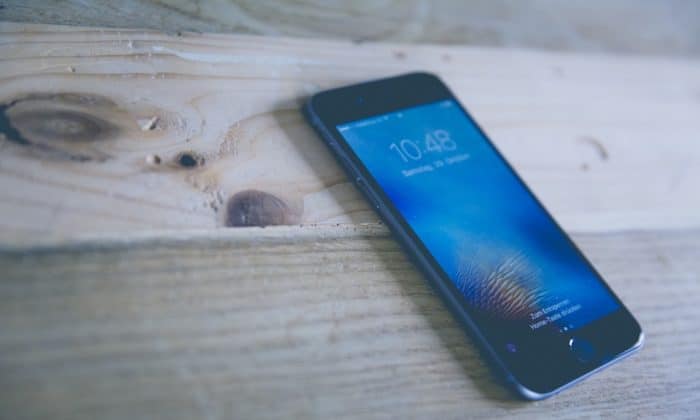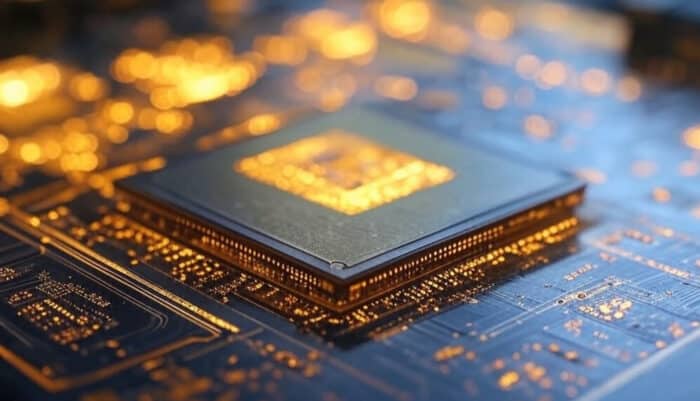Apple hat einen neuen Rechtsstreit eröffnet. Der Gegner diesmal: Qualcomm, der führende Hersteller von Elektronikkomponenten. Die Firma verdient bei jedem verkauften iPhone, in Form von Lizenzgebühren, mit. Laut Apple sollen die Forderungen aber überhöht sein – konkret bis zu fünf mal höher als bei vergleichbaren Konzernen.
Hintergrund sind wie immer Patente, die in diesem Fall von Qualcomm gehalten werden. Insgesamt soll 1 Milliarde US Dollar an Apple rückerstattet werden. Die Klage folgt auf ein kürzlich eröffnetes Ermittlungsverfahren seitens der amerikanischen Handelskommision FTC. Demnach soll Qualcomm Herstellern exklusive Vorteile versprochen haben, sofern keine Bauteile der Konkurrenz eingesetzt werden. Apple, zur Klage, gegenüber CNBC
For many years Qualcomm has unfairly insisted on charging royalties for technologies they have nothing to do with. The more Apple innovates with unique features such as TouchID, advanced displays, and cameras, to name just a few, the more money Qualcomm collects for no reason and the more expensive it becomes for Apple to fund these innovations. Qualcomm built its business on older, legacy, standards but reinforces its dominance through exclusionary tactics and excessive royalties. Despite being just one of over a dozen companies who contributed to basic cellular standards, Qualcomm insists on charging Apple at least five times more in payments than all the other cellular patent licensors we have agreements with combined.
To protect this business scheme Qualcomm has taken increasingly radical steps, most recently withholding nearly $1B in payments from Apple as retaliation for responding truthfully to law enforcement agencies investigating them.
Apple believes deeply in innovation and we have always been willing to pay fair and reasonable rates for patents we use. We are extremely disappointed in the way Qualcomm is conducting its business with us and unfortunately after years of disagreement over what constitutes a fair and reasonable royalty we have no choice left but to turn to the courts.
Via CNBC









